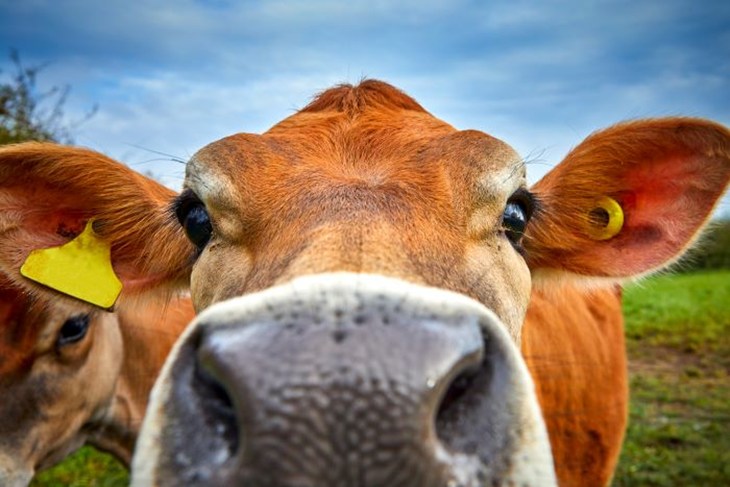
Ecuador Grants Wild Animals
Legal Rights in a World First
The Optimist Daily
(April 11, 2022) — In a landmark ruling, Ecuador has become the first country in the world to grant legal rights to individual wild animals. Back in 2008, the country became the first in the world to recognize nature, or Pachamama, as a deserving right-bearing entity. However, while that law was enshrined in the constitution, it was unclear whether wild animals can benefit from it. That uncertainty has now been cleared up thanks to a woolly monkeybby the name of Estrellita.
The monkey was illegally taken away from the wild and kept as a pet for 18 years by librarian Ana Beatriz Burbano Proaño. Because owning wild animals is illegal in the South American country, the authorities seized Estrellita in 2019 and moved her to a zoo, where she died a month later.
Before becoming aware that the monkey had died, the owner filed a case for Estrellita’s rights to be recognized, pleading that her detention was illegal and that the pet be returned to her home. The court eventually ruled in favor of Ana Beatriz Burbano Proaño but also ruled that the monkey’s removal from her natural habitat in the first place was also a violation of her rights.
“The verdict raises animal rights to the level of the constitution, the highest law of Ecuador,” says Ecuadorian environmental lawyer Hugo Echeverría. “The Court has stated that animals are subject of rights, protected by rights of nature.”
Also, in part of the verdict, the court stated that “wild species and their individuals have the right not to be hunted, fished, captured, collected, extracted, kept, retained, trafficked, traded or exchanged.”
Following Ecuador, other countries have also granted legal protection to nature either through their court system or the constitution, including Colombia, Mexico, Chile, New Zealand, and Panama.

UK Bill Strengthens Protections for Animals
(June 29, 2021) — The UK is gearing up to pass major animal rights legislation, called the Animal Welfare (Kept Animals) Bill, which addresses a wide range of animal welfare issues. According to UK environment minister Zac Goldsmith, who sponsored the bill, it is scheduled for passage into law later this year.
The bill will ban puppy smuggling, live animal exports, the holding of primates as pets, and livestock worrying (using intimidation with dogs to control livestock). The bill also creates stricter provisions for zoos, including preventing them from keeping elephants.
In the wild, elephants usually live between 60 and 70 years and walk up to 30 miles a day in search of food and shelter. In zoos, they are confined to small spaces and rarely live past 40.
Although it is unclear what will happen to elephants currently in captivity, experts anticipate that sanctuary arrangements will be made. In speaking about the bill, environment secretary George Eustice said, “The Kept Animals Bill will bring in some of the world’s highest and strongest protections for pets, livestock, and kept wild animals.”
Posted in accordance with Title 17, Section 107, US Code, for noncommercial, educational purposes.